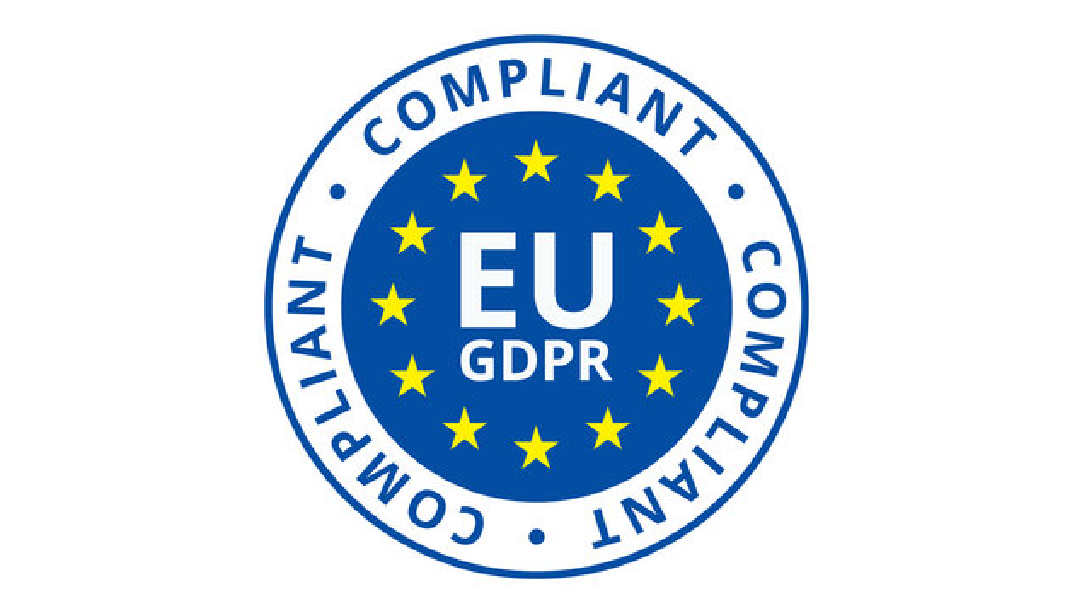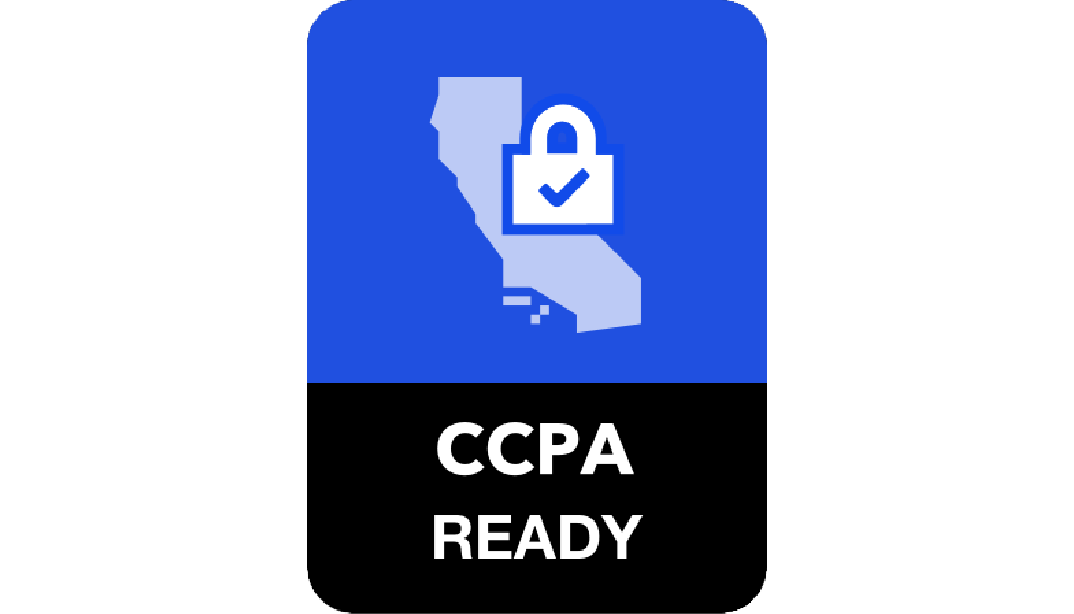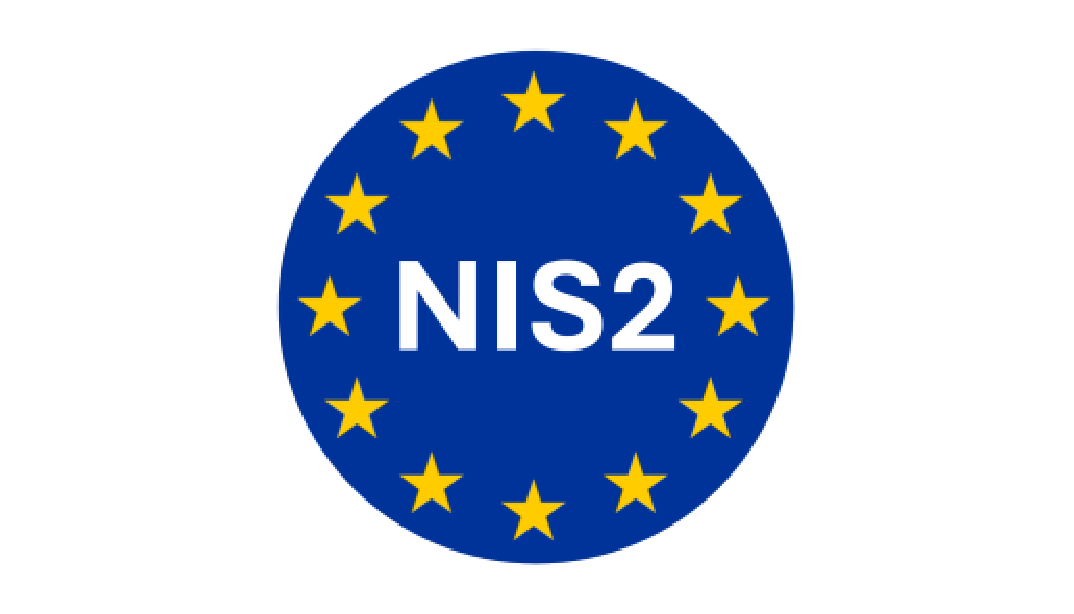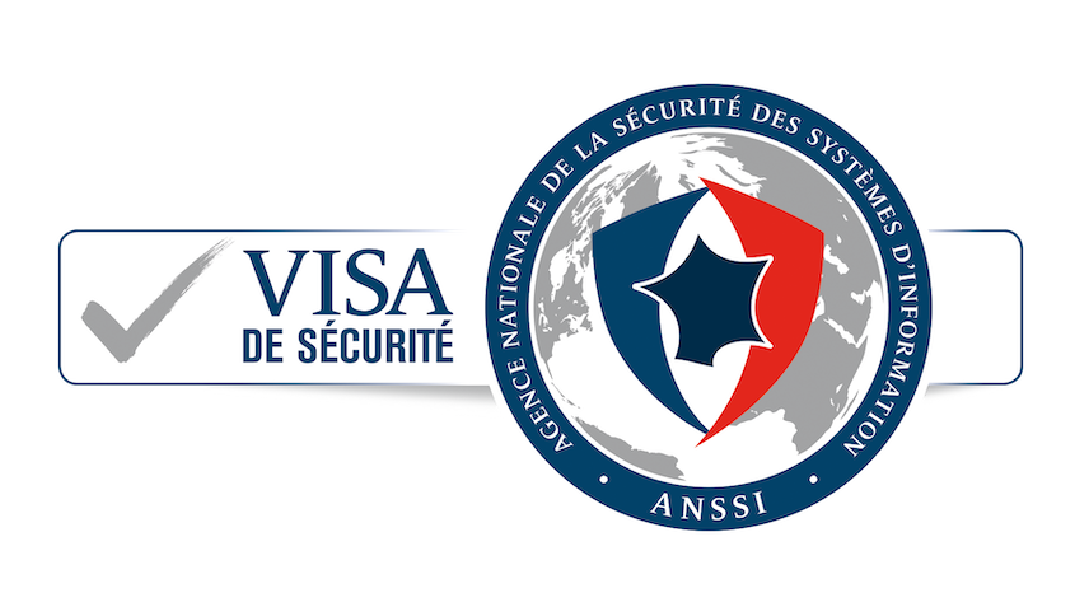Import the SDK
Create a free account, retrieve your API keys and import the SDK in your app.
In today's digital landscape, security engineers often focus on securing the perimeter of an application through measures like Web Application Firewalls (WAFs), Transport Layer Security (TLS), encryption at rest, and Privileged Access Management (PAM) on servers. These robust security measures alone, are insufficient.
It's crucial to address vulnerabilities in data access and handling practices, as securing data in transit and at rest does not fully protect against risks. Specifically, if the backend of an application can read data, this access point becomes a potential vulnerability, allowing unauthorized parties such as hackers, government officials, or internal malicious actors to exploit it and gain access to sensitive information.
Seamlessly integrate our state-of-the-art end-to-end encryption—the highest level of data security—into any web or mobile app to ensure that data is encrypted from one client-side to another client-side, with only authorized parties having the decryption keys.
This comprehensive measure protects data throughout its entire lifecycle, including when stored and while being processed by backend systems. Our robust encryption effectively mitigates risks associated with data access and handling, safeguarding sensitive information against potential breaches.
We’ve boiled down all the cryptographic complexity into a ready-to-use toolkit for both web and app developers.
Create a free account, retrieve your API keys and import the SDK in your app.
Call sdk.encrypt() on any sensitive data. It is encrypted locally for the authorized users only.
The encrypted data is sent to your backend through your regular API calls.
Your backend stores the end-to-end encrypted data. No one except authorized users can decrypt it.

No server is inherently trusted. The confidentiality of encrypted data remains assured, even in the event of a breach of Seald servers.

Seald offers a recovery mechanism called the "2-man-rule" without a backdoor. This enables users to recover their private key if passwords and devices are lost.

Change the recipients without changing the encrypted data. You can add, or revoke, recipients.

The "Sig-Chain" enables checking all of a user's public keys, including any added later, using the Trust-On-First- Use (TOFU) paradigm. This prevents any man-in-the-middle attack.

The Seald SDK supports web, mobile, and desktop applications across a wide range of programming languages.
Our developer-led support team is standing by to answer any questions you may have and assist with implementation.
Our technology allows you to comply with today’s and tomorrow’s regulations like HIPAA, GDPR, CCPA, and more.





import SealdSDK from '@seald-io/sdk'
// Initialize the SDK
const seald = SealdSDK({ apiURL, appId })
// Create your Seald identity
await seald.initiateIdentity({ signupJWT })
// Encrypt a message for another user
const encryptedMessage = await seald.encryptMessage(
'Super secret message',
{ userIds: ['BOB_002'] }
)
// And *voilà*!
const message = await seald.decryptMessage(encryptedMessage)